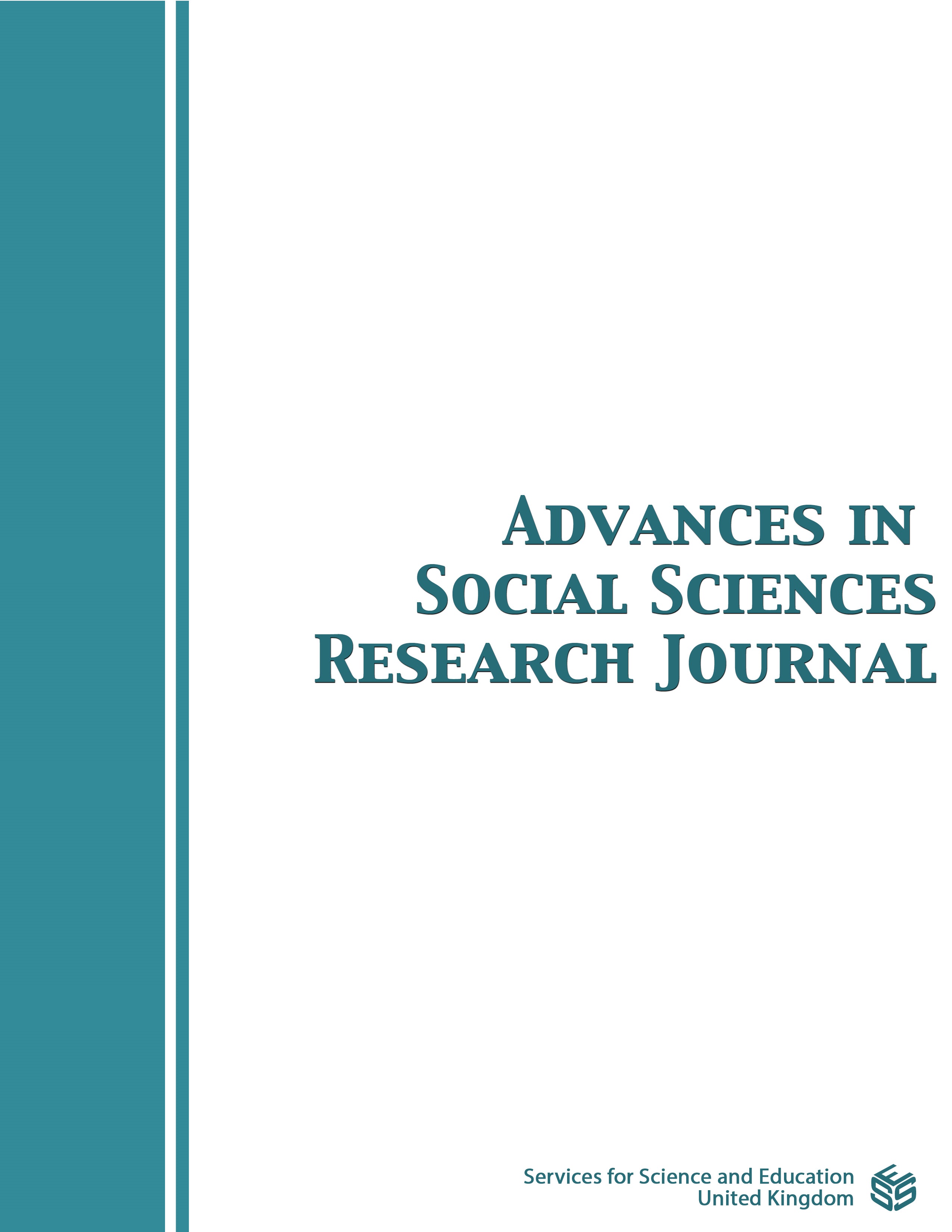Differences between Korean Null Arguments and Korean Overt Pronouns
DOI:
https://doi.org/10.14738/assrj.811.11275Keywords:
null pronoun, overt pronoun, null argument, binding, coreference, sloppy identity, definite readingAbstract
The ultimate goal is this paper is to provide five pieces of evidence that Korean null pronouns are not semantically and syntactically equivalent to Korean overt pronouns. First, when Korean overt pronouns and Korean null pronouns have the only NP as their antecedent, the truth condition becomes different. Second, when Korean overt pronouns and Korean null pronouns take the even NP as their antecedent, the truth condition becomes different. Third, the Korean overt pronoun ku ‘he’ is associated with its antecedent by coreference, whereas Korean null pronouns are associated with their antecedent by binding. Fourth, Korean overt pronouns yield a strict reading, whereas Korean null arguments induces the strict/sloppy ambiguity. This in turn suggests that Korean null pronouns yield looser interpretations than Korean overt pronouns. Additionally, it is worth noting that Korean overt pronouns induce a definite reading, whereas Korean null pronouns yield indefinite and definite readings. Fifth, Korean overt pronouns and Korean null pronouns are not alike in that the former is sensitive to phi-features (gender, number, and person), whereas the latter is not. This paper argues that Korean null pronouns are not syntactically the equivalent of Korean overt pronouns.
Downloads
Published
How to Cite
Issue
Section
License
Copyright (c) 2021 Namkil Kang

This work is licensed under a Creative Commons Attribution 4.0 International License.
Authors wishing to include figures, tables, or text passages that have already been published elsewhere are required to obtain permission from the copyright owner(s) for both the print and online format and to include evidence that such permission has been granted when submitting their papers. Any material received without such evidence will be assumed to originate from the authors.






